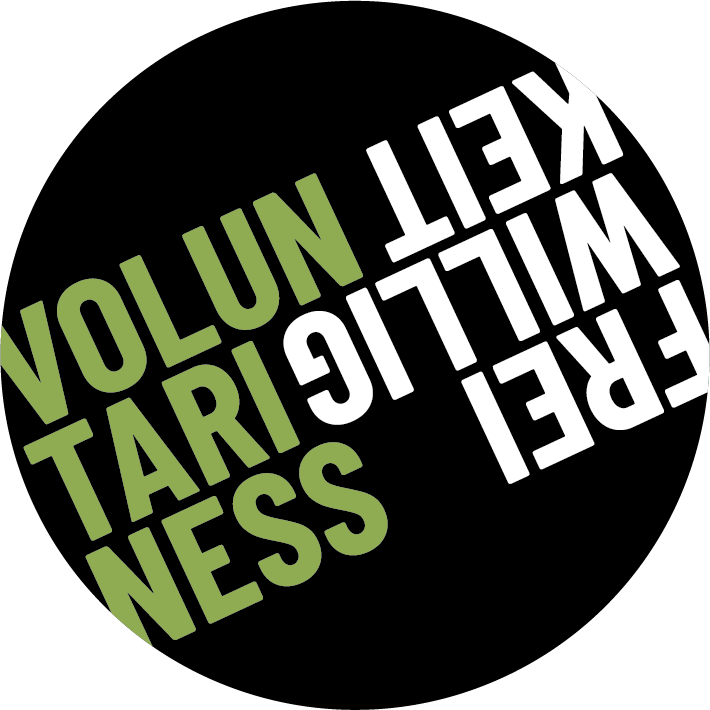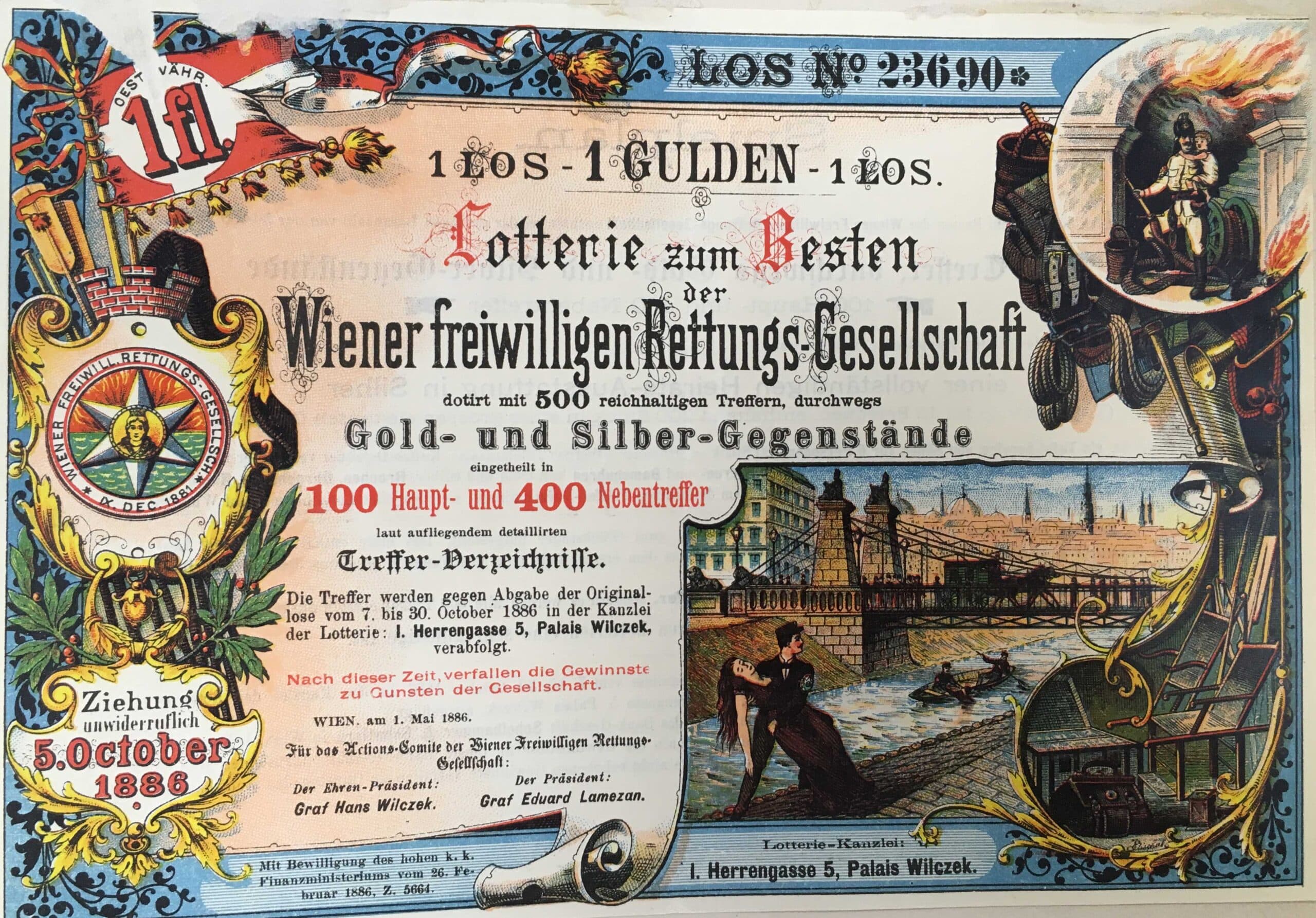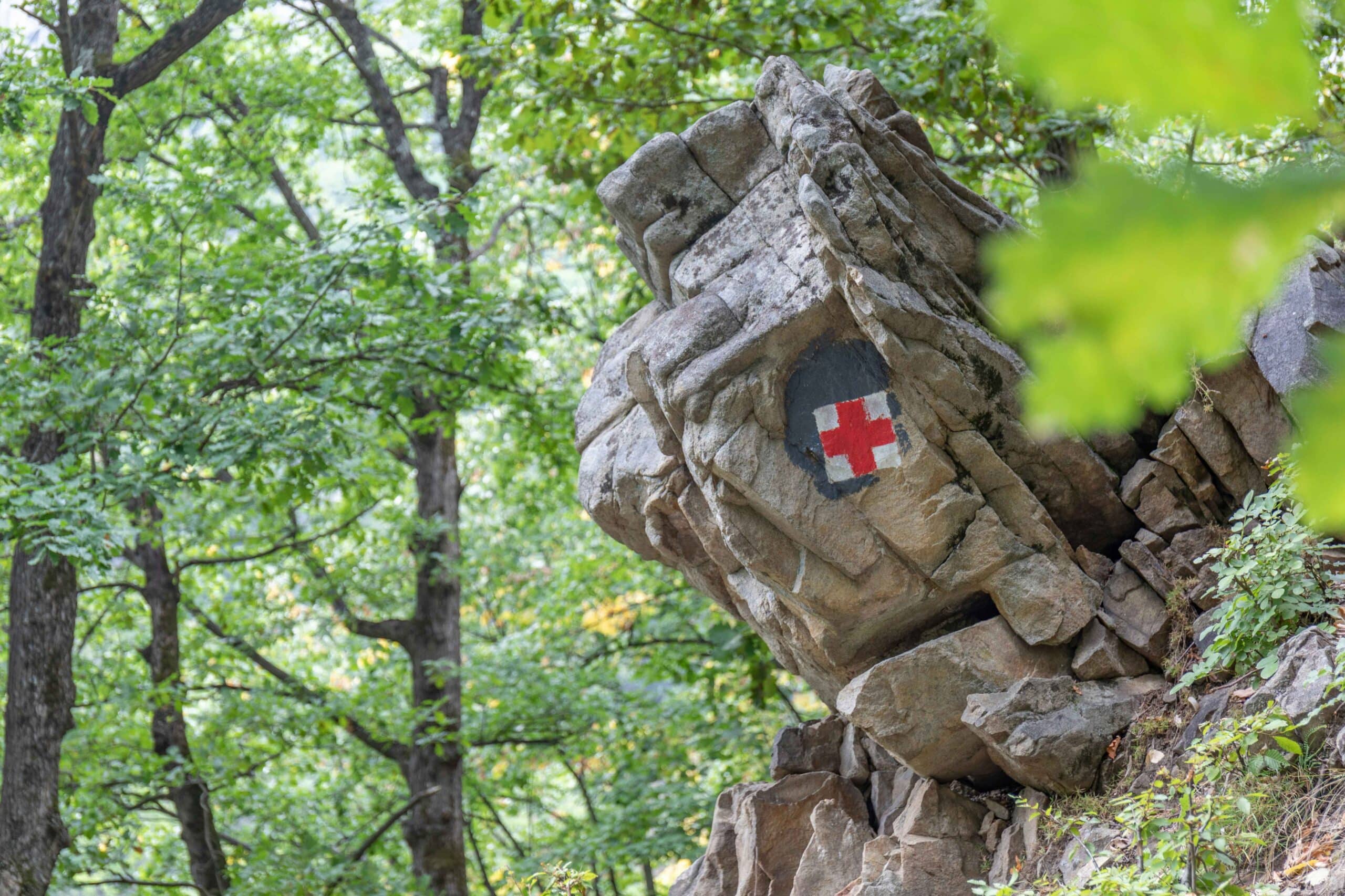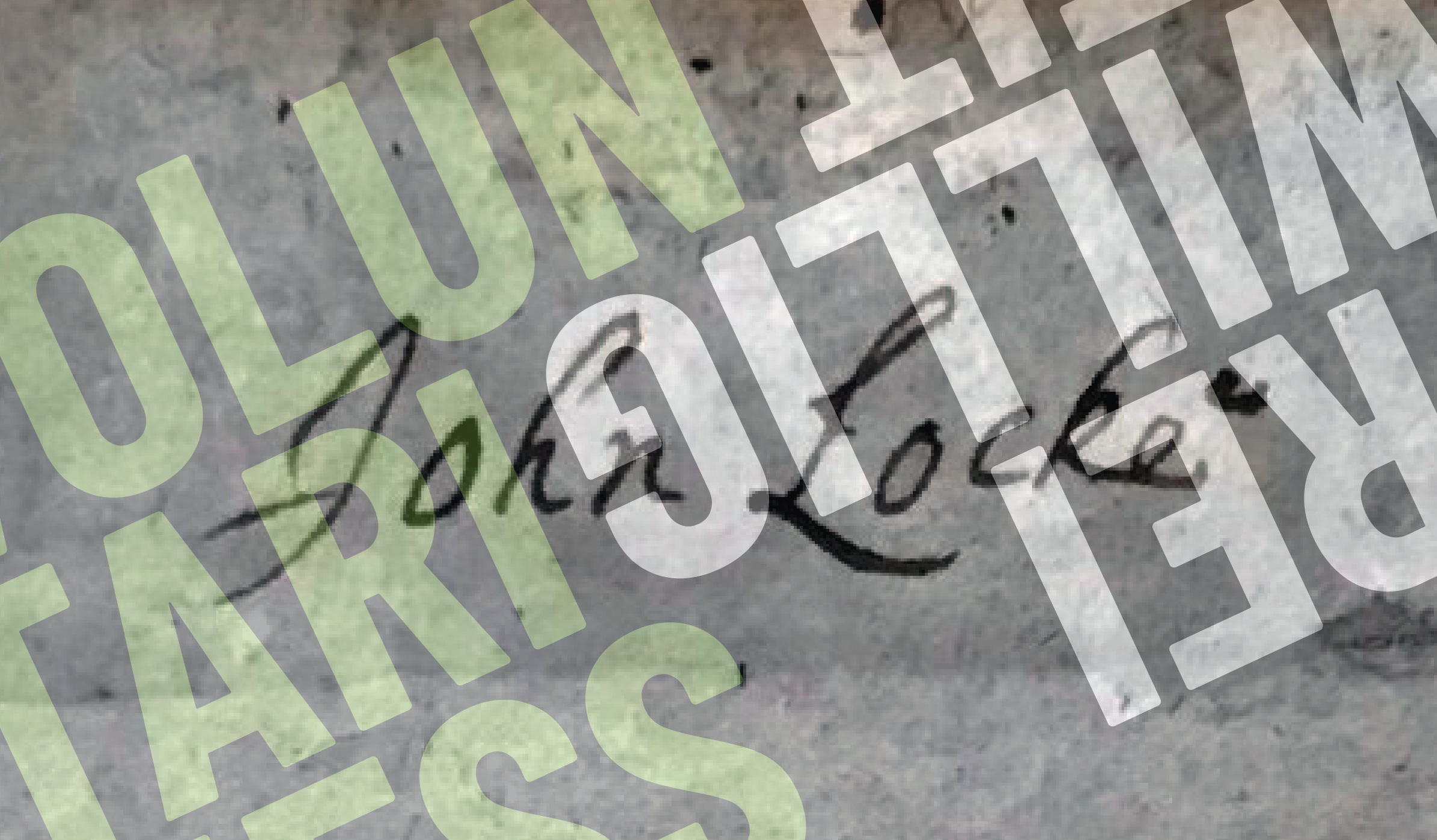
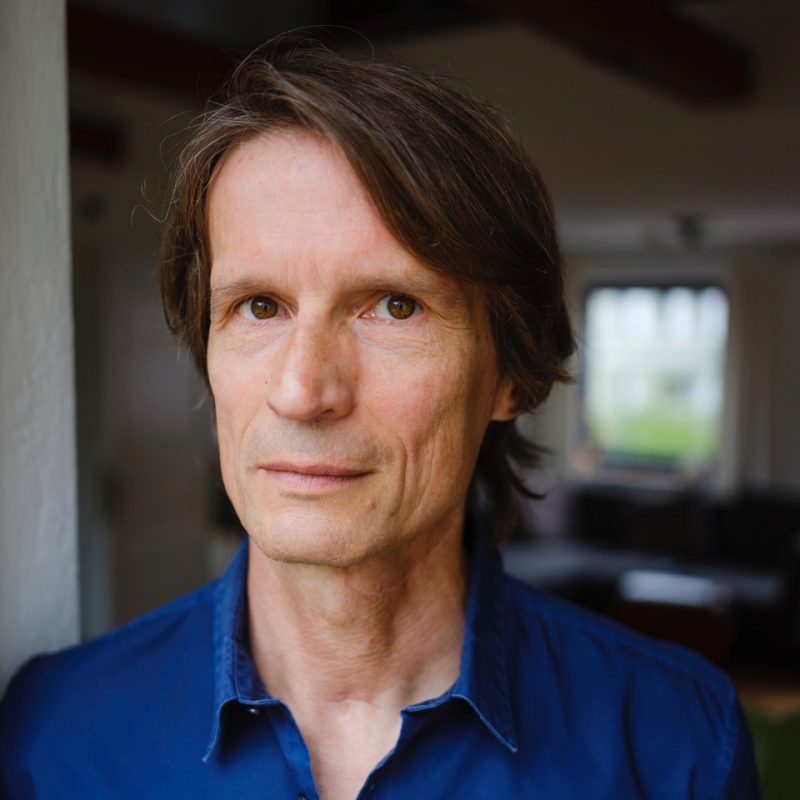
Jürgen Martschukat is Professor of North American History at the University of Erfurt.
This post was first published in German in Erfurt University’s WortMelder on 25. January 2022 with the title: „Nachgefragt: Was macht Freiwilligkeit aus und was bedeutet sie für die Impfpflicht-Debatte, Professor Martschukat?‘“
Perspectives on Voluntariness and the COVID Crisis
Those satisfied with a cursory glance or who like to think in clear-cut categories are quick to view voluntariness as the core political principle of a society that privileges the autonomy of the free individual, a being who makes good and correct decisions for themself and the collective. Here, voluntariness appears as the opposite of coercion and coercion as the guiding principle of a dictatorial society that subjugates people. This overly sharp contrast between voluntariness and coercion, and between democracy and dictatorship, comes up again and again in the contemporary debate on a vaccine mandate. Yet voluntariness is more complicated than this and in political and everyday practice it generally exhibits an ambiguity that may not be apparent at first sight. In light of the insights generated by our “Voluntariness” Research Group, I propose a more refined perspective with respect to three dimensions in particular.
First, Voluntariness is Situational.
This means that voluntary decision-making and acting is integrated into a multifaceted set of conditions and is associated with consequences that differ from one situation to another. The situationally fluctuating conditions and consequences of a choice or an action have a great influence on the degree to which we perceive them as voluntary. In line with this, as a rule it makes little sense to tackle the issue of voluntariness within political and social practice categorically as a matter of “either/or.” This also becomes clear if we bear in mind that the existence of an acceptable alternative to a particular action option is often identified as a key criterion for voluntariness. What is perceived as an acceptable alternative, however, depends greatly on the conditions of action and potential consequences of a decision in a specific situation. A person’s past experiences play an important role here.
When it comes to COVID-related practices, the significance of the conditions and consequences of action for decisions about vaccination falls into relief, for example, in light of the various regulations on admittance to various public places, known in Germany as 3G, 2G and 2G+. Introduced in fall 2021, these were never solely meant to ensure human safety. They were always partly intended to intensify the willingness to be vaccinated and to increase the number of voluntary vaccinations, an approach that worked (to a degree). Given that only the vaccinated or recovered (2G) were permitted to enter restaurants and pubs, the conditions governing decisions on vaccination and the alternative to getting vaccinated (staying at home) had changed in such a way that the willingness to be vaccinated soon increased. As we can see, voluntariness is interwoven with the conditions and consequences of decision-making and should be considered a matter of degree rather than a categorical phenomenon. In line with this, voluntariness may be steered or facilitated by means of a change in these very conditions. With respect to 2G, there was talk in the media of “compulsory vaccination by the back door.”
Second, Voluntariness is Normative.
Liberal-democratic societies certainly expect their citizens to live their lives successfully by means of voluntary actions – and expect them to do so to the best of their knowledge and belief. We are supposed to be committed to our education and our job, while actively seeking to ensure our good health, in other words eating properly, keeping ourselves fit, and so on. This is not just a matter of voluntarily acting but of doing, on a voluntary and willing basis, precisely those things that are considered to be good and proper for us and for society. Thus, voluntariness is also an ethical criterion for the evaluation of an action: those who make the “right” decisions voluntarily (rather than being forced to do so) exhibit the willingness and capacity to function as citizens in a liberal-democratic society. Anyone who fails to do so is left out in the cold. This brings out once again the aforementioned link between voluntariness on the one hand and situativity and contingency on the other: political programs and campaigns often seek to change the decision-making architecture in such a way that people are induced to make voluntary decisions that are considered “right.” In our research group, we also refer to “governing through voluntariness.” By “governing” we mean not just what elected political representatives do, but all the discourses, agendas, and practices that steer citizens in their decisions and are intended to facilitate socially desirable action.
One example of “governing through voluntariness” in times of COVID-19 are the vaccination buses that bring vaccination to the people if the people do not go to the vaccination centers. Another example is the provision of a clearly laid out website to impart knowledge and information, one that simultaneously pursues the goal of persuading people of the benefits of vaccination and does so without them noticing how they are being persuaded and shepherded. Overall, experts complain that when it comes to governing through voluntariness amid the COVID crisis, there is abundant room for improvement. The imparting of information and knowledge, they contend, has so far left a great deal to be desired in terms of clarity and the kind of competence that communication studies might envisage.
The normative dimension of voluntariness is especially apparent in the fact that the unvaccinated often feel patronized, and increasingly socially excluded, because they have made a decision that clashes with society’s expectations, that is, they have not acted voluntarily in a socially desired way. Around a third of those who have as yet refused vaccination (25% in Germany) are considered “unreachable” by all official efforts to steer and persuade. A large portion of these “unreachables” form part of a group that has in any case felt pushed to the margins over the past few years and decades in a society that foregrounds voluntariness while allowing the existential and normative pressure to become so intense that it creates “winners” and “losers.”
In line with this, there is clear overlap between anti-vaxxers and recent forms of the populist and ethno-nationalist movement, which counters the experience of marginalization with a new sense of togetherness and of “us” against “them.” The latter’s party-political mouthpiece, the Alternative for Germany party, has from the outset sabotaged the vaccine policy pursued by the German federal government and state governments. At the same time, the anti-vaccination movement is of course politically diverse, bringing together individuals from both right and left who believe that they are mounting resistance to globalization and neoliberalism while also endorsing a diffuse anti-government ideology. If we wish to view vaccination as a social contract, we need to bear in mind that many of the unreachable anti-vaxxers regard the social contract as long since breached anyway. Being unvaccinated becomes a form of resistance to “the system.” Vaccination, as emphasized by historian Malte Thiessen among others, since its invention more than two centuries ago, has been a projection screen on which quite different topics are negotiated.
Third, Dictatorships Too Operate via Voluntariness, not just Liberal-Democratic Societies.
This is evident if we adopt a more nuanced and less categorical perspective. Hence, some historical research (including that pursued within our research group) examines the extent to which, for example, the social and political systems of Nazism and East Germany could only function because willing citizens played their part for all sorts of reasons.
To show that it is not always possible to distinguish, with the kind of clarity we might like, between democracy and dictatorship with reference to the voluntary character of participation, certainly does not mean lumping the two together and arbitrarily negating differences. A historically precise examination of the complex interdependencies and modes of operation of voluntariness in different social and political systems has nothing in common with the crude distortions of reality sometimes articulated in debates on vaccination against COVID-19. Quite the opposite: it means taking a truly close look at prevailing realities. Anti-vaxxers who bluster about a COVID or health dictatorship, who stylize themselves victims of slander and persecution by a coercive state, who go so far as to compare themselves with Holocaust victim Sophie Scholl or don a yellow star emblazoned with the word “unvaccinated” simply denigrate the victims of inhuman tyranny and fail utterly to recognize the political conditions of their existence.
What Does All of This Mean for the Issue of a Vaccine Mandate?
First, it should be noted that the vaccination rate in Germany is currently 75%. Hence, governing through voluntariness is working when it comes to the vast majority of people. In some states the rate is higher, in others lower. In this regard, we would have to look closely at how the conditions of voluntary decision-making and acting differ in different contexts. Such a historically, sociologically and politically informed perspective would also allow us to come to conclusions about the varying degree of acceptance of a vaccine mandate, which of course differs even among the vaccinated, while bringing out even more clearly – and considering the significance of – the multifaceted character of anti-vaxxers as a group.
Furthermore, we should be cognizant of the fact that resistance to a vaccine mandate is not historically new but has existed since the first compulsory vaccination for smallpox in 1874. Since then, the various German dictatorships and democracies have for more than a century combined voluntary and mandatory vaccination policies. Only a few decades ago, when epidemics appeared to have died out in Western societies and people felt increasingly immune to them, did voluntariness in West Germany, and then in the united Germany, become the dominant decision-making mode of a society that also viewed this approach as confirmation of its fundamental liberal values. The fact that a vaccine mandate in the COVID crisis was, initially, explicitly ruled out, underlines that this evidently seemed an inappropriate instrument in a (neo-)liberal society that defines itself through voluntariness as a political principle. This also finds reflection in the fact that its healthcare system tends to emphasize patients’ preventive action and self-responsibility rather than medical, let alone political directives (the fact that a compulsory measles vaccine was introduced as recently as 2019 received no attention at all within the debate on COVID).
This made the recent political move in the direction of a vaccine mandate seem all the more like a categorial shift in health and social policy. Yet a closer look at voluntariness reveals that it is never unconditional, that the difference between guided voluntariness and duty is essentially a matter of degree and that even a vaccine mandate does not amount to coercion. In recent debates, the latter has been repeatedly emphasized but only rarely clearly explained. Federal Minister of Health Karl Lauterbach at least tried to do this on the Tagesschau TV show on January 19, 2022. Responding to concerns among members of the medical profession that forcing patients to visit their doctor through a vaccine mandate may be counterproductive, he stated: “I believe that doctors should vaccinate everyone: those who wish to be vaccinated because they are complying with a vaccine mandate and those who are getting vaccinated of their own free will. After all, no one is being vaccinated against their will, and even a vaccine mandate results in a situation in which people ultimately get vaccinated voluntarily.” Got that?
Suggested Citation: Martschukat, Jürgen: “Voluntariness, COVID 19, and a Vaccine Mandate”, Voluntariness: History – Society – Theory, January 2022, https://www.voluntariness.org/voluntariness-covid-19-and-a-vaccine-mandate/


